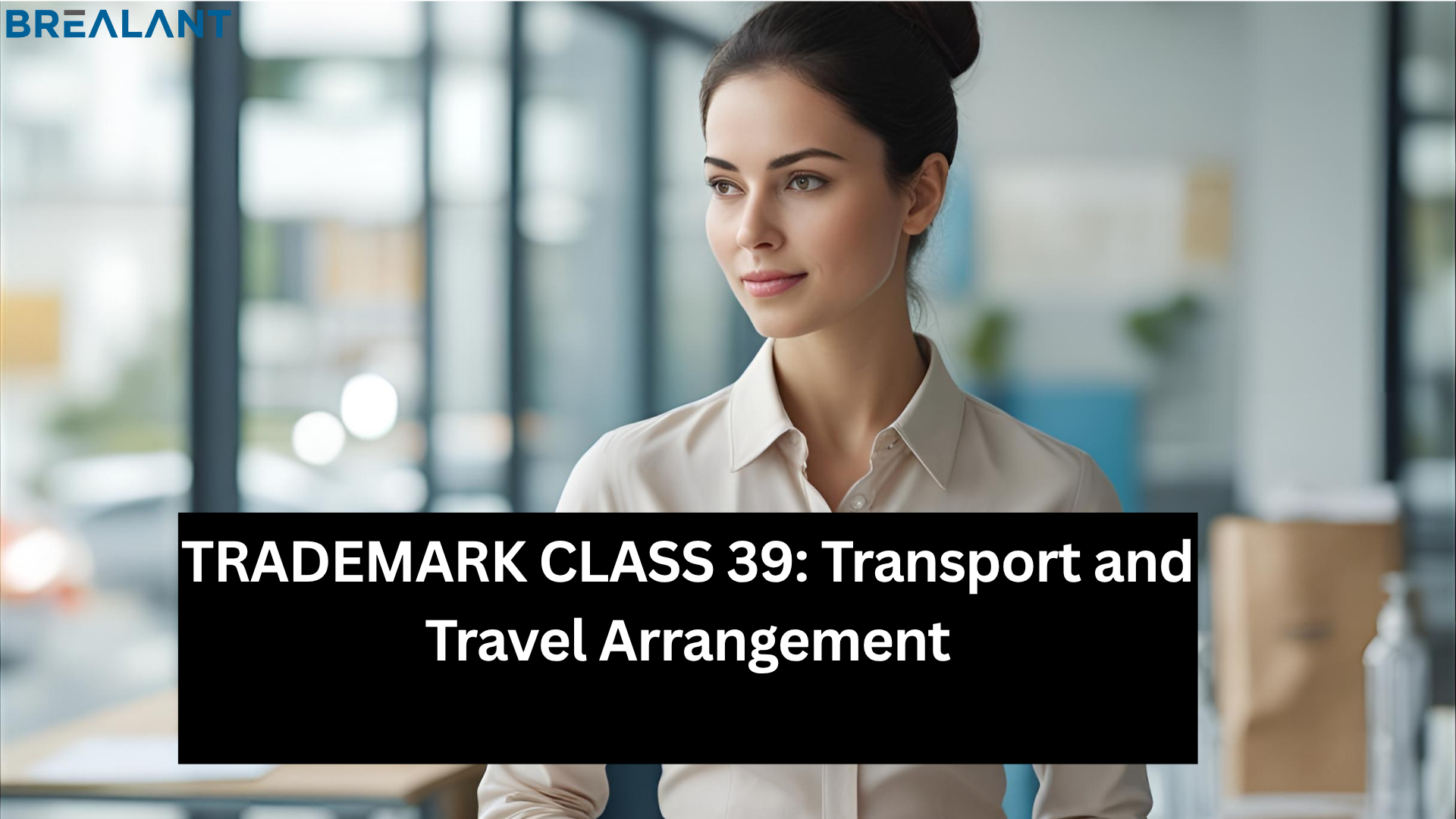

Trademark Class 39 covers services related to transportation, storage, and travel arrangements. These include the movement of people, animals, or goods via land, air, sea, rail, or pipeline, as well as services closely tied to such transport—like packaging, warehousing, and logistics.
The Nice Classification, created under the Nice Agreement of 1957, organizes goods and services into 45 classes (Classes 1–34 for goods and Classes 35–45 for services). IPOPHL uses this system, ensuring consistency with international practice.
Services under Class 39 typically include:
Registering in this class is essential for businesses engaged in logistics, courier services, warehousing, freight forwarding, shipping, or travel. It ensures protection against competitors using a confusingly similar mark in transport-related services.
For example, in Superlines Transportation Co. v. Cebu Autobus Co. (G.R. No. 100689, 1993), the Supreme Court emphasized that confusingly similar trade names in transportation can mislead the public and cause unfair competition. Registering under Class 39 helps prevent such disputes.
Trademark classes are not exclusive—overlapping industries often require protection in multiple categories. Related classes to Class 39 may include:
Each trademark class requires separate fees. For example, if a company offers logistics (Class 39) and also sells packaged food products (Class 29), two separate applications and fees must be filed with IPOPHL.
A logistics company like LBC Express protects its mark under Class 39 for its courier and cargo forwarding services. Without this registration, others could exploit similar branding in transport services, leading to confusion.